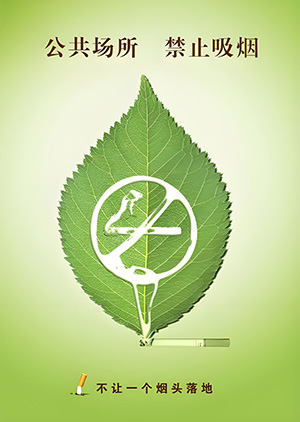来自古英语myrge,愉快的,高兴的,来自Proto-Germanic*murgijaz,短暂的,来自PIE*mreghu,短暂的,词源同brief,abbreviate.字母b,m音变。词义由短暂的引申为欢乐的可能是来自心理作用,即欢乐总是短暂的。
Bot vchon enle we wolde were fyf, þe mo þe myryer. [c. 1300]The word had much wider senses in Middle English, such as "pleasant-sounding" (of animal voices), "fine" (of weather), "handsome" (of dress), "pleasant-tasting" (of herbs). Merry-bout "an incident of sexual intercourse" was low slang from 1780. Merry-begot "illegitimate" (adj.), "bastard" (n.) is from 1785. Merrie England (now frequently satirical or ironic) is 14c. meri ingland, originally in a broader sense of "bountiful, prosperous." Merry Monday was a 16c. term for "the Monday before Shrove Tuesday" (Mardi Gras).
来自柯林斯例句
来自柯林斯例句
来自柯林斯例句
来自柯林斯例句
来自柯林斯例句
牛津词典
牛津词典
柯林斯高阶英语词典
柯林斯高阶英语词典
柯林斯高阶英语词典
柯林斯高阶英语词典
柯林斯高阶英语词典
柯林斯高阶英语词典
柯林斯高阶英语词典
柯林斯高阶英语词典
柯林斯高阶英语词典
柯林斯高阶英语词典
期刊摘选
《简明英汉词典》
《简明英汉词典》
《简明英汉词典》
《现代英汉综合大词典》
《现代英汉综合大词典》
《现代汉英综合大词典》
《现代汉英综合大词典》
《简明英汉词典》
《简明英汉词典》
《简明英汉词典》
《简明英汉词典》
《牛津高阶英汉双解词典》
(informal)carry on with a course of action regardless of the consequences
(非正式)坚持到底,一意孤行
enjoy oneself with others by dancing and drinking
尽情欢乐;欢宴作乐
the more people or things there are, the better a situation will be
人(或物)越多越快乐,人(或物)越多越好
happy, glad, cheerful, joyful, merry, delightful, gay, pleasant, nice, jolly, agreeable
这些形容词均含"愉快的,高兴的"之意。
happy: 侧重感到满足、幸福或高兴。
glad: 最普通用词,语气较弱,表示礼貌的惯用语。指乐于做某事或因某事而感到满足,常表愉快的心情。
cheerful: 多指因内心的愉快而表现出兴高采烈,是强调而自然的感情流露。
joyful: 语气较强,强调心情或感情上的欣喜。
merry: 指精神情绪的暂时高涨,表示欢乐、愉快的心境或情景,侧重充满欢笑声和乐趣。
delightful: 指能带来强烈的快乐,激起愉快的情感,用于非常愉快的场合。
gay: 侧重无忧无虑、精神昂扬、充满生命的快乐。
pleasant: 侧重给人以"赏心悦目"或"愉快的,宜人的"感受。
nice: 语气较温和,泛指任何愉快或满意的感觉。
jolly: 通俗用词,多指充满快乐与喜悦的神情。
agreeable: 指与感受者的愿望、情趣或受好等和谐一致而带来的心情上的快意。

